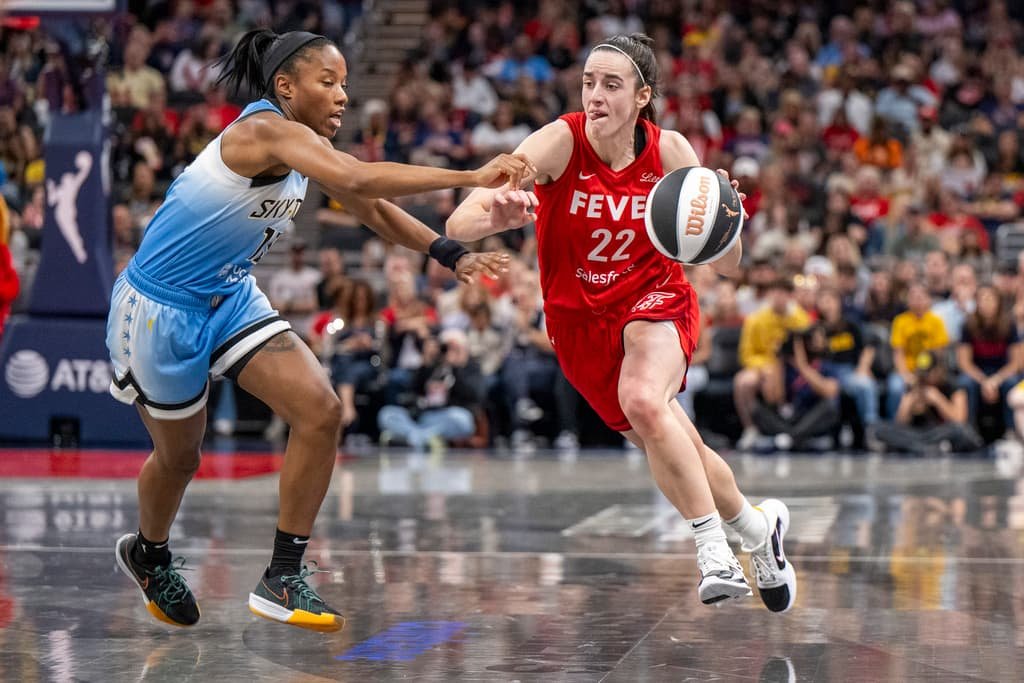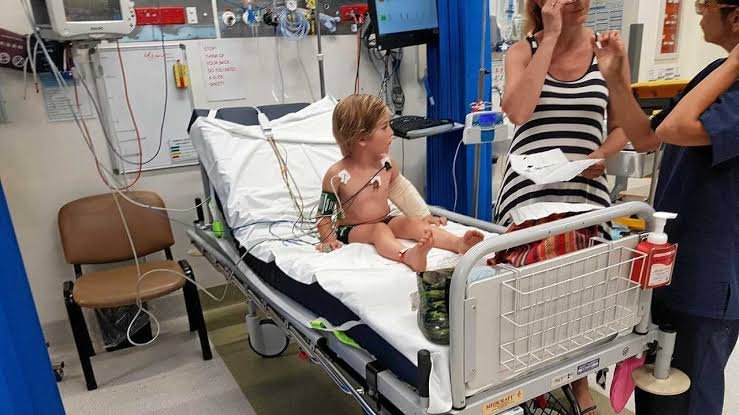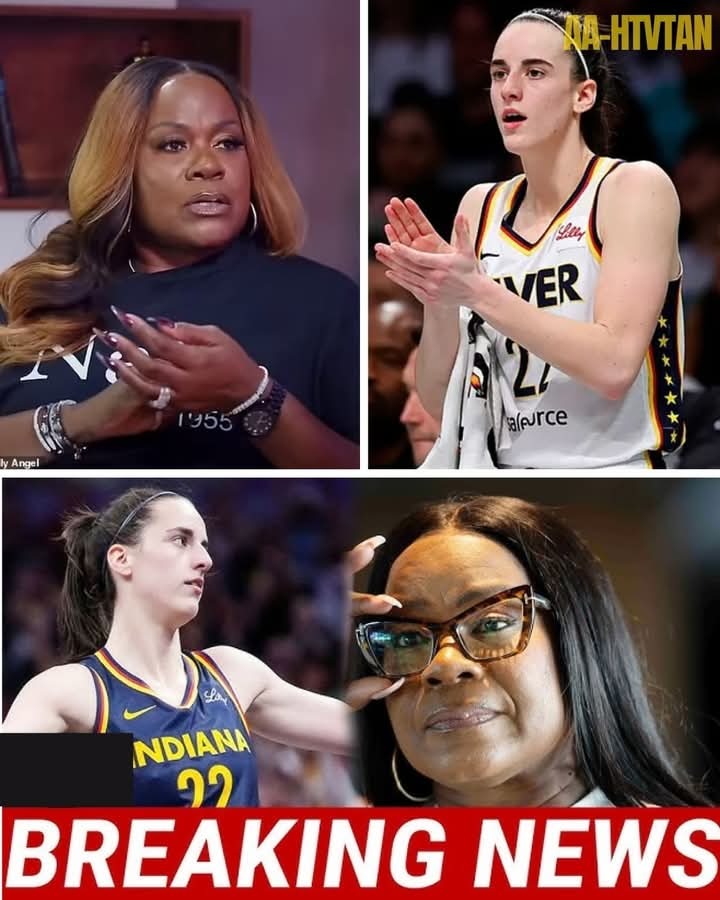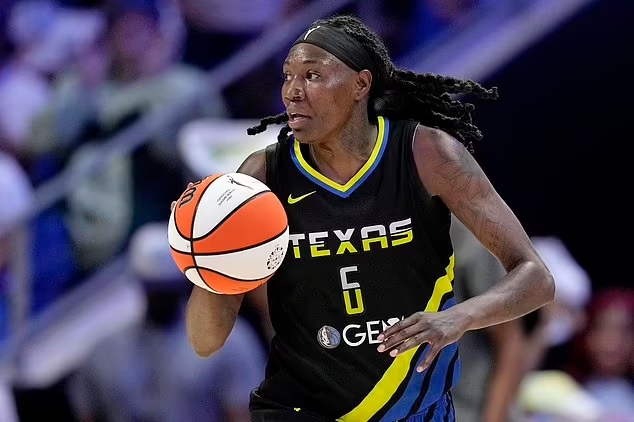
Megan Rapinoe is transitioning from her iconic career on the soccer field to exploring new opportunities in the world of women’s sports. Five months after retiring from the National Women’s Soccer League (NWSL) following an Achilles injury, Rapinoe has embraced a fresh perspective on her future. Though her final season ended unexpectedly, she took some time to reflect on her career before diving into her post-retirement life. Speaking recently at a summit on the business of women’s sports in New York, Rapinoe shared insights on her recovery and her excitement about future projects, including a media company she co-founded with her partner, Sue Bird.
At the summit, Rapinoe spoke about the thriving business of women’s sports, particularly emphasizing the role of athletes like Caitlin Clark, whose impact on women’s basketball has been monumental. Clark’s performance, including her record-breaking NCAA Championship appearances, has drawn immense attention to the sport, with millions of viewers tuning in to watch. Rapinoe highlighted how Clark’s rise symbolizes a larger shift in the landscape of women’s sports, where long-standing narratives about lack of excitement are being dismantled. She pointed out that the growing investment in women’s sports, both financially and in terms of media coverage, reflects this shift, offering new opportunities for businesses and fans alike.
Rapinoe acknowledged the importance of historical context in understanding the current momentum in women’s sports. She pointed to the 2019 Women’s World Cup victory, the 2020 WNBA bubble season, and other key moments as foundational to the ongoing success of women’s sports. These milestones laid the groundwork for athletes like Clark, who now stands on the shoulders of women’s sports pioneers like Diana Taurasi, Maya Moore, and her own fiancée, Sue Bird. Rapinoe reflected on how these athletes’ contributions, particularly in the WNBA, have often been overlooked despite the league’s resilience over nearly three decades. For Rapinoe, celebrating this history is essential to fully appreciating the present moment.
While Rapinoe celebrates the increasing recognition of women’s sports, she also emphasized the importance of building solid infrastructure to support this growth. She warned that success could be short-lived without the necessary business structures, such as strong collective bargaining agreements, media rights deals, and fan engagement strategies. Rapinoe drew from her experience with the 2015 Women’s World Cup, where the victory wasn’t fully capitalized upon, to stress the need for a more robust framework to sustain the momentum. She also mentioned the potential of sports betting to further elevate women’s sports, not just financially but in terms of fan involvement and engagement.
Finally, Rapinoe spoke passionately about the community-driven nature of women’s sports. She highlighted the deep sense of care and inclusivity that athletes bring to their teams and the broader sports community. Beyond just the games themselves, women’s sports often serve as a platform for social change, addressing issues like gender equality, racial justice, and LGBTQ+ rights. For Rapinoe, this ability to foster meaningful dialogue and create positive change is what makes women’s sports truly unique. As she moves forward in her career, she remains committed to using her platform to amplify these voices and continue pushing the boundaries of what women’s sports can achieve.





